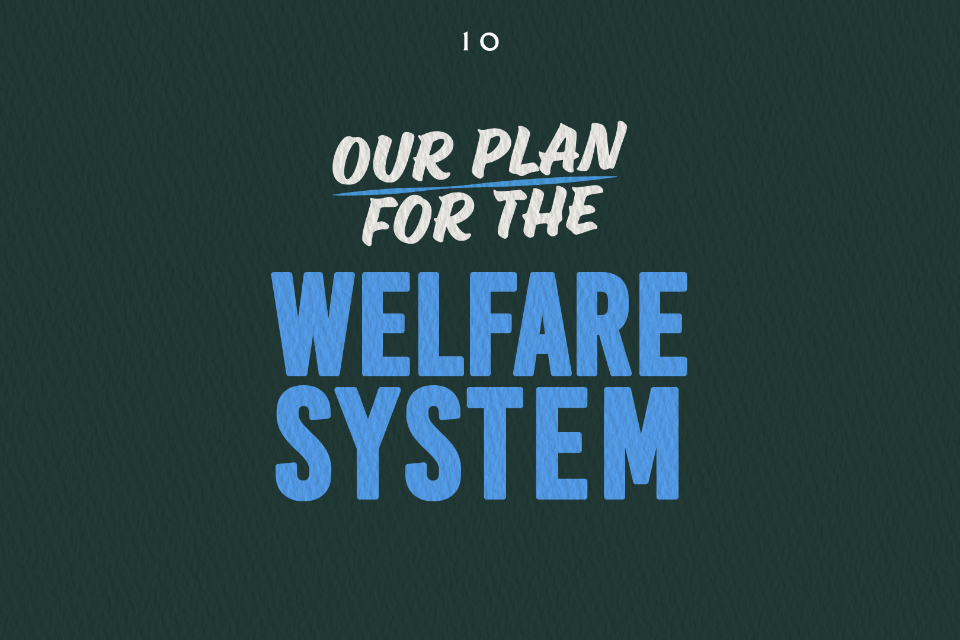Anyone any views on Rishi Sunak's determination to stamp out the apparent sick-note culture?
Are out-of-work benefits too easy, or too hard to get these days?
Is Covid responsible for having a negative effect on people's mental health, etc?
Really interested to hear everyone's views on this, whether for or against. (Apologies if there's already a thread, I couldn't find one)
Are out-of-work benefits too easy, or too hard to get these days?
Is Covid responsible for having a negative effect on people's mental health, etc?
Really interested to hear everyone's views on this, whether for or against. (Apologies if there's already a thread, I couldn't find one)
